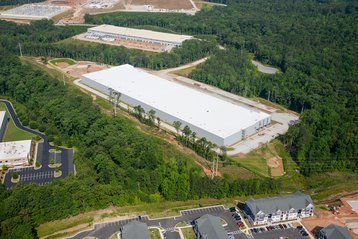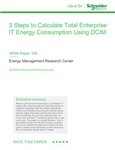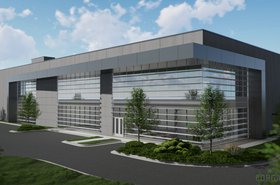A bill that would pause tax breaks for data centers in Georgia has been vetoed by the state governor.
In Tennessee, the state has officially reduced the threshold for data centers to quality for sales and tax exemptions.
Governor Kemp vetoes bill to pause tax breaks in GA
As reported by the Georgia Recorder, Gov. Brian Kemp this week decided to veto HB 1192 after it had passed both houses.
Introduced in February, the bill would have suspended the issuance of any new sales and use tax certificates of exemption for data center projects in the state from July 2024 to June 2026. The tax exemptions would still have applied to data center contracts entered into before July 2024.
The bill would have also created a Special Commission on Data Center Energy Planning. The commission would review the existing grid and energy supply, and make recommendations around expanding grid capacity and transmission infrastructure and siting data centers.
In a statement explaining the veto, Governor Kemp said the state extended data center exemptions to 2031 just two years ago, with projects starting in the interim based on that extension but are yet to be completed and qualify.
“The bill’s language would prevent the issuance of exemption certificates after an abrupt July 1, 2024 deadline for many customers of projects that are already in development—undermining the investments made by high-technology data center operators, customers, and other stakeholders in reliance on the recent extension, and inhibiting important infrastructure and job development,” he said.
Georgia has given data center operators an exemption from the state’s sales tax since 2018. Companies receive a tax break if they hit certain thresholds relating to investment and job creation. The exemptions were due to stay in place until 2028, but were subsequently extended to 2033.
Atlanta is a major data center hub; companies including Microsoft, CoreSite, QTS, DataBank, Flexential Switch, DC Blox, Edged Energy, Stack, T5, Vantage, EdgeConneX, and others have campuses in operation or development in and around the area.
The Data Center Coalition, a data center association featuring the likes of Amazon, Meta, CloudHQ, and CyrusOne as members, said: "We appreciate this action by Governor Kemp and his leadership in ensuring that certainty and predictability remain front and center in defining the state’s long-term commitment to its economic development programs and policies, as well as reinforcing Georgia’s reputation as a top state for business."
G Webber, director of grassroots environmental organization Sierra Club’s Georgia chapter, described the veto as “beyond disappointing.”
“A two-year pause on this tax break and a promise to study the energy demand from data centers represented a positive step in our state’s efforts to plan for the growth of this relatively new industry,” Webber said. “Kemp is burying his head in the sand by refusing to address an issue already having such a significant impact on our state."
The Recorder notes a group of environmental groups had pressed the governor to sign the bill, last month sending him a letter arguing the bill was “forward thinking” and would help the state understand the industry’s environmental and financial impact.
“Giving data centers a tax break without investigating their impact on our environment and billpayers is short-sighted,” Jennette Gayer, executive director of Environment Georgia, told the Recorder. “I hope we can revisit this issue in the next legislative session.”
Tennessee lowers requirements to quality for data center tax breaks
Tennessee has expanded its data center tax exemptions. HB 2182 was signed into law by Governor Bill Lee this month.
The bill redefines a "qualified data center" for purposes of sales and use taxes to include a data center that previously made a capital investment in excess of $100 million during an investment period not to exceed three years, and creates at least 15 net new full-time employee jobs.
The bill was introduced in January by Republican Representatives Mark White, Ron Grant, William Lamberth, and John Gillespie.
The state previously defined a qualified data center as one that made a required more than $250 million capital investment over a three-year period and creates at least 25 new full-time jobs paying at least 150 percent of the state’s average occupational wage.
Meta operates a large data center campus in the state in Gallatin. Google, Evoque (now Centersquare), and Flexential are also present in the state.







